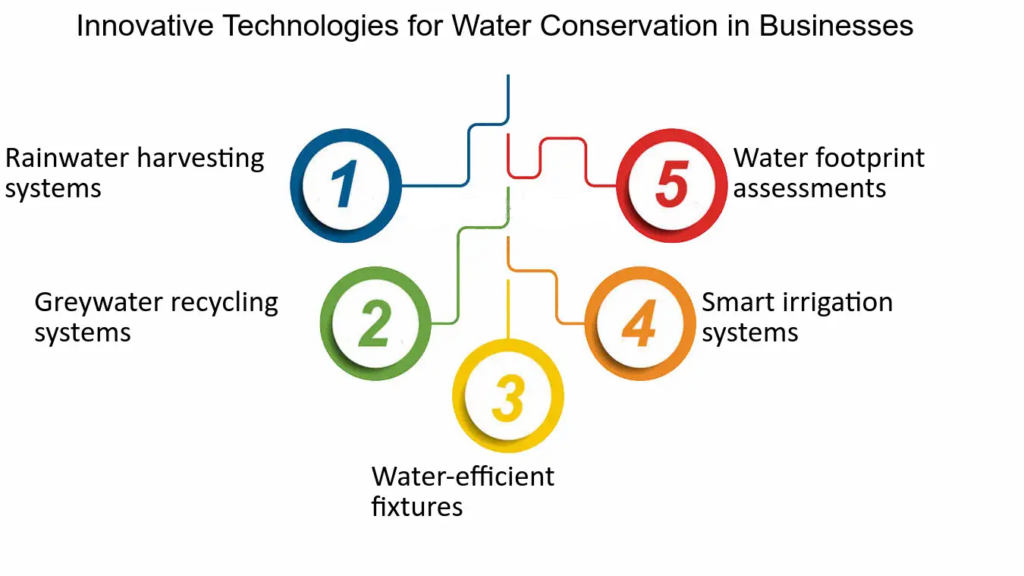
Water is an essential resource for any business, and in India, the management of water resources is critical due to the country’s unique climatic conditions and frequent water scarcity. For small businesses in India, effective water storage can be a game-changer, not only for operational efficiency but also for financial sustainability. Let’s delve into the economics of water storage and how it can benefit Indian small businesses.
The Importance of Water Storage
India experiences a wide range of climatic conditions, from heavy monsoons to prolonged dry periods. This variability makes water storage crucial for businesses that rely on a steady water supply. Industries such as agriculture, food processing, and textiles, among others, are heavily dependent on water. For small businesses operating in these sectors, having a reliable water storage system can mean the difference between uninterrupted production and costly downtimes.
Financial Benefits
Cost Savings: One of the primary economic benefits of water storage for small businesses is cost savings. By storing water during periods of abundance, businesses can reduce their reliance on expensive, external water supplies during dry spells. This can lead to significant reductions in operational costs.
Investment in Infrastructure: While the initial investment in water storage infrastructure such as tanks, reservoirs, or rainwater harvesting systems can be substantial, the long-term benefits often outweigh the costs. Government subsidies and incentives for water conservation measures can also help mitigate the initial financial burden.
Avoiding Penalties: In regions with stringent water usage regulations, businesses may face penalties for excessive water consumption or wastage. By implementing efficient water storage systems, businesses can ensure compliance with local regulations and avoid these penalties.
Enhancing Business Resilience
Small businesses often operate with tight margins and limited resources. Water shortages can disrupt operations, leading to revenue losses and damaging customer relationships. A robust water storage system enhances business resilience by ensuring a consistent water supply, even during periods of scarcity. This reliability can be a key competitive advantage in sectors where water availability is critical.
Environmental Impact
Water storage systems also have positive environmental implications. By capturing and storing rainwater, businesses can reduce their dependence on groundwater, which is often over-extracted in many parts of India. Sustainable water management practices contribute to the long-term health of local ecosystems and help mitigate the effects of climate change.
Case Studies
Agriculture: In rural areas, many small agricultural businesses have adopted rainwater harvesting to ensure a steady supply of water for irrigation. This practice not only reduces costs but also enhances crop yields and sustainability.
Food Processing: Small food processing units that have invested in water storage systems have reported lower operational costs and improved product quality. The ability to maintain consistent production levels even during water shortages has allowed these businesses to fulfill contracts and maintain customer trust.
Conclusion
For Indian small businesses, the economics of water storage extend beyond mere cost savings. Investing in water storage infrastructure ensures operational continuity, enhances business resilience, and contributes to environmental sustainability. As climate variability continues to challenge water availability, small businesses that prioritize effective water management will be better positioned to thrive in the long run. By understanding and leveraging the economic benefits of water storage, these businesses can secure a more stable and prosperous future.


